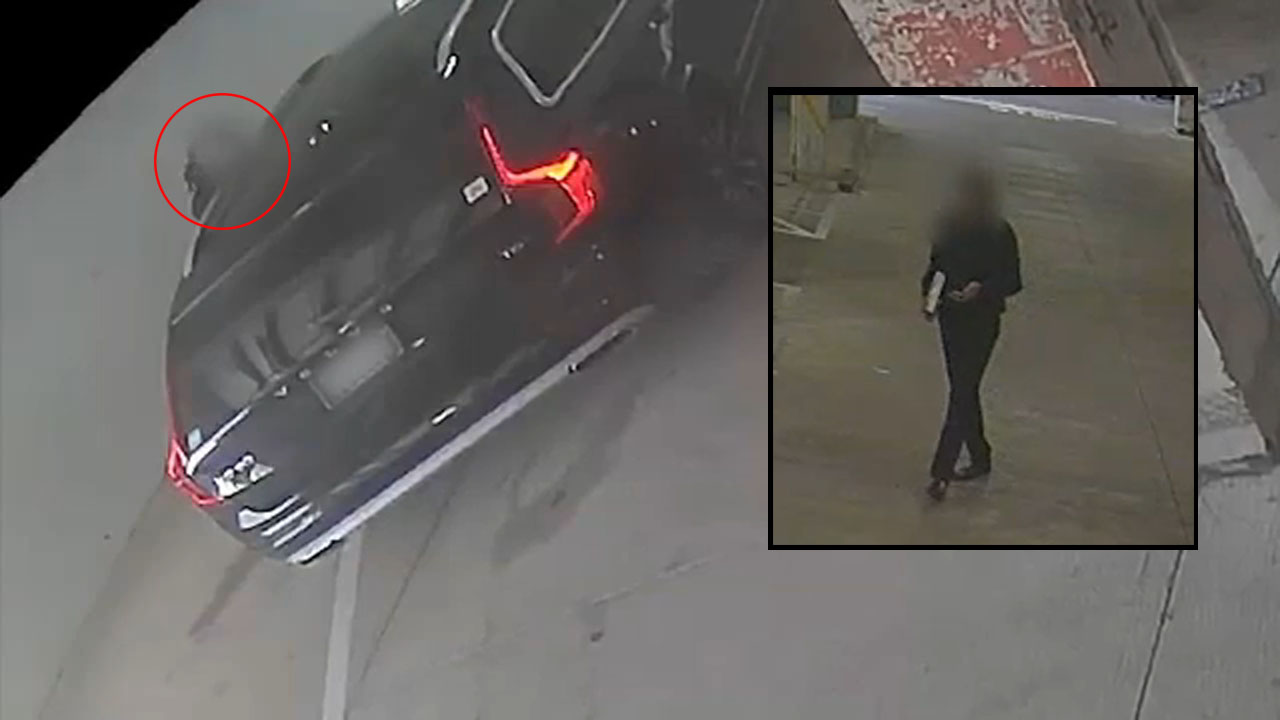Feds: Houston man tried to plant bomb near Hermann Park Confederate statue

HOUSTON, Texas (KTRK) -- A Houston man has been arrested after being accused by authorities of trying to damage or destroy a Confederate statue at a Houston park with explosives.
Federal prosecutors said Monday 25-year-old Andrew Schneck had been charged with attempting to maliciously damage or destroy property receiving federal financial assistance.
The arrest was tied to a weekend raid at a home near Rice Village.
Schneck was taken into custody as investigators discovered hazardous materials inside a home on Albans, prompted officials to call for voluntary evacuations. He appeared in court Monday morning.
According to the criminal complaint, on Saturday night a Houston park ranger spotted Schneck kneeling among the bushes in front of the statue of Richard Dowling, a lieutenant in the Confederate army, located in Houston's Hermann Park. Schneck was allegedly holding two small boxes with various items inside to include what appeared to be duct tape and wires. After placing the boxes on the ground per the ranger's request, Schneck then allegedly took a drink from a plastic bottle but immediately spit it on the ground.
The ranger then noticed a timer and wires in the box and notified the Houston Police Department, according to the complaint.
Authorities believe the items in Schneck's possession were capable of producing a viable explosive device, according to the charges.
The complaint further alleges that Schneck conducts "chemistry experiments" at his Houston residence.
The statue, located in Hermann Park, is of Richard W. "Dick" Dowling, an Ireland-born Houston saloon owner. His Confederate unit defeated a Union invasion force at the Battle of Sabine Pass in 1863. Dowling was hailed as a war hero in Houston, and the end of the war saw him resume his successful business career until his death in 1867.
FBI officials said controlled explosions were possible as they worked to clear the home of the chemicals, and that they still have a long investigation ahead.
Houston police could not give information on the specific chemicals found inside the home, but officers said the quantity is simply "a lot."
Assistant Special Agent in Charge Daren Ogletree said the focus now is making sure residents and property are safe. Experts from the FBI's offices in Houston; New Orleans, Louisiana; and Quantico, Virginia are at the scene, helping to aid in the removal and disposal of these possibly dangerous chemicals.
Power was cut to the home earlier this morning, according to Houston police, just one of the precautions being taken.
The FBI raided the house Sunday. Residents said it is the same home that the FBI went into four years ago.
At the time, the homeowner's son pleaded guilty to a misdemeanor charge of not conforming to storage of explosive materials and he had to pay a fine of $160,000.
That raid four years ago included three other homes, but neighbors here say it's different this time.
They tell us that other raid did not end with controlled explosions at this house on Albans.
"They are down there with robots and all this stuff and, I mean, I am sure they are being safe for the neighborhood, but if they felt the need to go in with robots they might have wanted to tell some of us about it," resident Steve Marshall said.
According to the FBI, the ATF and the police and fire department on scene, due to the volatile nature of the hazardous materials these detonations may create loud noises and smoke and the potential to damage property.
The City of Houston receives federal financial assistance for maintenance of Hermann Park where the Dowling Monument is located.
According to court documents, Schneck has a bachelor's degree in chemistry from Austin College in Sherman, Texas.
Schneck's mother told authorities that her son uses one of their properties "to conduct his chemistry experiments," according to the criminal complaint.
Schneck had been arrested in 2014 on a charge of improperly storing explosive materials at his Houston home. He pleaded guilty and was sentenced to five years of probation.
In November, a federal judge approved a request by Schneck's attorneys for early termination of his sentence. In his motion, Hilder had written that Schneck "is not a risk to public safety" and that "his focus is no longer concentrated on high-risk activities."
If convicted, Schneck faces a minimum of five and up to 40 years in federal prison and a possible $250,000 maximum fine.
The Associated Press contributed to this report.
Report a typo to the ABC13 staff







